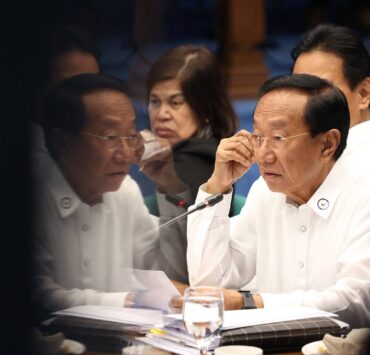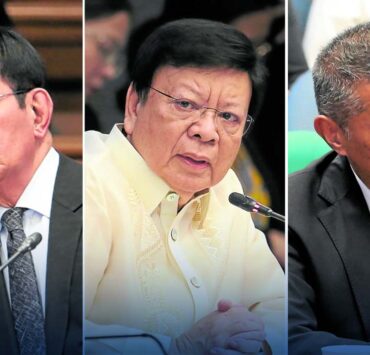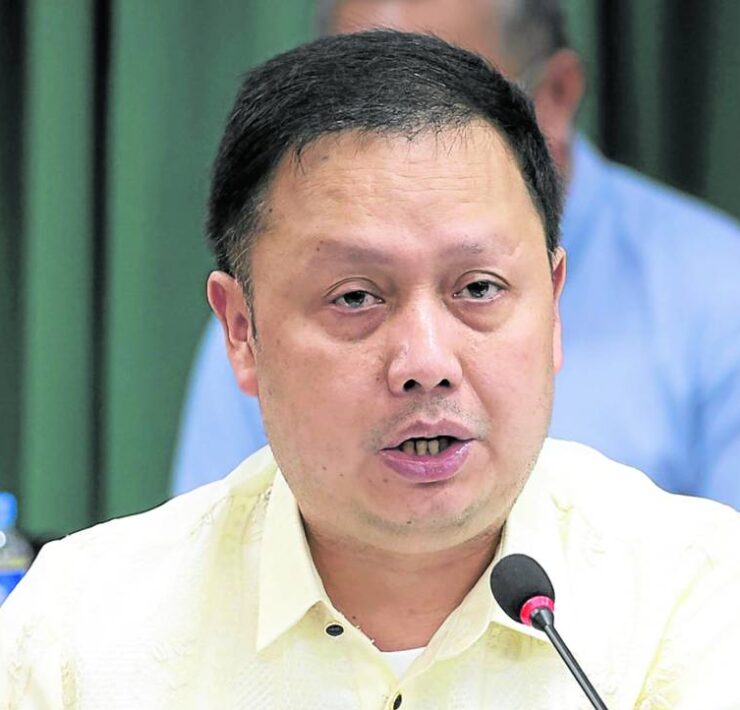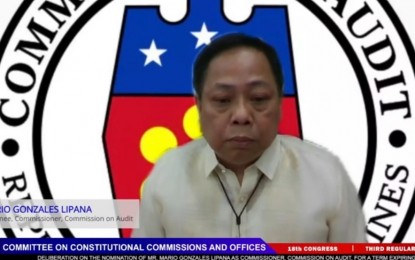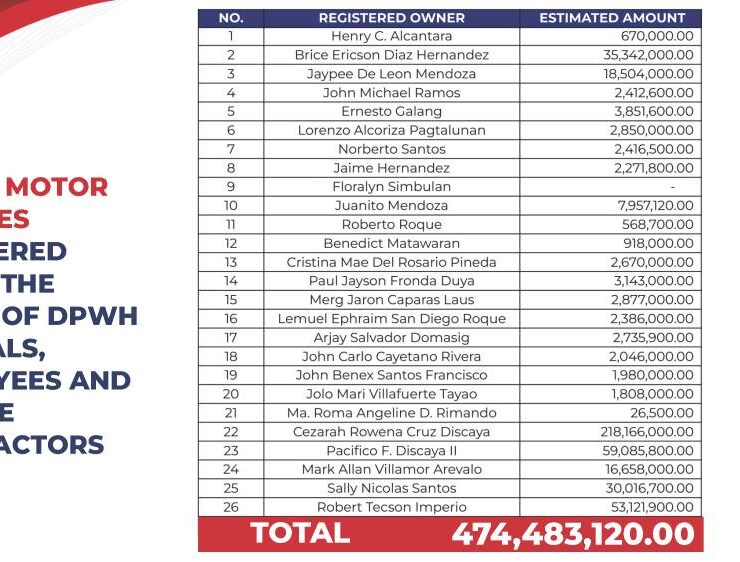House budget panel realigns P255B earlier cut from DPWH

The pressure is on for the House of Representatives to avoid a repeat of the controversies that hounded the 2025 General Appropriations Act as it began plenary deliberations on Tuesday on the proposed P6.8-trillion budget for 2026.
After agency-level briefings at the House appropriations committee—where it introduced reforms to make the process more inclusive and transparent—the chamber began debates with a call from the committee chair, Nueva Ecija Rep. Mikaela Suansing, “to restore public trust through foremost accountability.”
Acknowledging the credibility issues faced by the House after some members were implicated in questionable budget insertions to fund anomalous public works projects, Suansing said the chamber must now “make sure that the 2026 budget restores the Filipinos’ faith in our institution.”
On Tuesday morning, the appropriations panel’s budget amendment and review subcommittee (BARC) approved the committee report on House Bill No. 4058, which would later become the 2026 General Appropriations Bill.
The report contains proposed realignments of the P255.5 billion slashed from the Department of Public Works and Highways (DPWH) following President Marcos’ order to conduct a sweeping review of its original P881.3-billion budget.
Beneficiaries
Public Works Secretary Vince Dizon managed to bring it down to P625.7 billion after reducing to zero all locally funded flood control projects and removing all duplicates and “corruption-prone” projects like road reblocking and cat’s eyes (road studs) projects.
The health sector gained the most from the cuts after the BARC decided to realign P29.2 billion for major government hospitals and children’s cancer funding, as well as P60 billion as subsidy for the Philippine Health Insurance Corp. (PhilHealth).
The P60 billion represents the amount of excess PhilHealth funds that were reverted to the national treasury in 2024 and ordered returned by the President on Sept. 20.
This is on top of the P53 billion already allocated under the 2026 National Expenditure Program (NEP), bringing the total amount of 2026 government subsidies to P113 billion. PhilHealth got zero subsidy in the 2025 budget.
Another beneficiary of the DPWH cuts is the Department of Social Welfare and Development, particulalry its Assistance to Individuals in Crisis Situations (AICS) program which would be getting P32 billion on top of the P27 billion already allocated for it in the NEP.
Unlike the more controversial Ayuda para sa Kapos ang Kita Program which got zero funding this year, the AICS offers medical, burial and financial aid for individuals and families affected by crises and calamities. It also has “more stringent requirements,” Guimaras Rep. JC Rahman Nava said.
The education cluster would get an additional P37.3 billion, which would be split among the Department of Education (P22 billion), Commission on Higher Education (P9.3 billion), Technical Education and Skills Development Authority (P1 billion), and the Philippine Science High School system (P450 million).
The agriculture cluster composed of the Department of Agriculture, Department of Agrarian Reform and the National Irrigation Authority would would get an additional P44.9 billion, which would be realigned to fund more farm-to-market roads, crop insurance, solar irrigation, fish ports, cold storage and rice warehouse improvements.
Another gainer is the Department of Transportation (DOTr)’s Metro Rail Transit (MRT 3) maintenance and rehabilitation program, which was unfunded in the NEP but would now get P1 billion.
The Philippine Coast Guard, which is under the DOTr, would also get P656 million to purchase dark vessel detection systems for the West Philippine Sea.
The BARC also partially granted the additional budget requests of the National Bureau of Investigation, Bureau of Customs, Bureau of Internal Revenue, and the Office of the Ombudsman.
The requests were made in view of their expected role to assist the Independent Commission for Infrastructure (ICI) in its recently launched investigation of anomalous public works projects.
The University of the Philippines’ Project NOAH, the country’s primary disaster risk reduction and management program, is also expected to get P1 billion in additional funding “under the condition that they would be able to help refine and better design flood control projects in the next year.”
Minority call
House minority lawmakers led by Mamamayang Liberal Rep. Leila de Lima revealed that they were not informed of the realignments until Tuesday morning.
They asked that the plenary debates be deferred until Wednesday to give them time to review the committee report.
In a joint statement, four of the civil society groups supposedly accredited as observers in the budget process also complained that they were not notified about the budget realignments.
“This confirms the need to abolish small, opaque committees that operate without transparency and bypass meaningful consultation,” said the statement issued by Four Ibon, CODE NGO, FOI Youth Initiative, GoodGovPh, and Sigaw ng Kabataan Coalition.
“Livestreams and token observers do not equal transparency. They are a smokescreen, used to claim ‘public participation’ while denying citizens genuine access to documents, deliberations, and decision-makers. We demand an immediate end to this fake inclusion,” they added.














